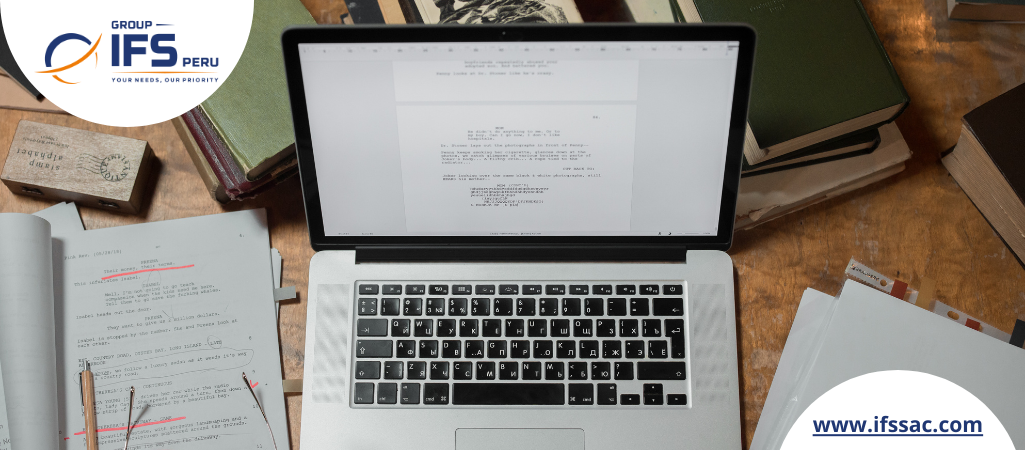In a collaborative effort to accelerate digital transformation in the realm of international trade, the FIT Alliance, comprising influential organizations such as BIMCO, the Digital Container Shipping Association (DCSA), the International Federation of Freight Forwarders Associations (FIATA), the International Chamber of Commerce, and Swift, has announced its “Electronic Bill of Lading (eBL) Declaration.” This declaration aims to secure the commitment of all stakeholders in international trade to drive digitization, promising to make global trade more efficient and reliable than ever before.
The FIT Alliance recognizes that the widespread adoption of a universal eBL will benefit all parties involved in the global supply chain, whether in bulk cargo or container shipping. The digitization of commercial documents, such as the bill of lading, will expedite trade and bring significant benefits to customers, banks, customs, government authorities, and maritime transport service providers, among others.
Currently, many transactions in international trade involve non-standardized paper documents, requiring physical delivery and generating inefficiencies. The adoption of eBLs will enable faster transactions, savings in administrative costs, and a reduction in fraud risks through digital authentication systems.
Although in 2022, only 2.1% of bills of lading and waybills in container shipping were electronic, there are encouraging signs of growth, especially in the bulk sector, where major mining companies already transport approximately 20% of their iron ore cargo using eBLs.
A McKinsey study estimates that the industry could unlock between 30,000 and 40,000 billion dollars in global trade by achieving 100% eBL adoption in the container sector. This would reduce trade friction caused by delays and paper documentation-related disputes while significantly contributing to carbon emissions reduction and tree conservation.
The FIT Alliance is actively working to promote digitization by creating a robust technological and legal foundation for international trade documentation, based on standards supported by DCSA, BIMCO, and FIATA eBL, aligning with the UN/CEFACT Reference Data Model for Multimodal Transport. Additionally, DCSA and SWIFT are developing eBL platform interoperability standards.
FIT Alliance’s eBL Declaration marks a significant step toward the digital transformation of international trade. By committing to adopting eBL standards and solutions and encouraging their use, stakeholders can play a crucial role in creating a future where trade is more efficient, secure, and sustainable. Digitization is essential in addressing current supply chain challenges and laying the groundwork for a more resilient global trade.
Source: MundoMaritimo


